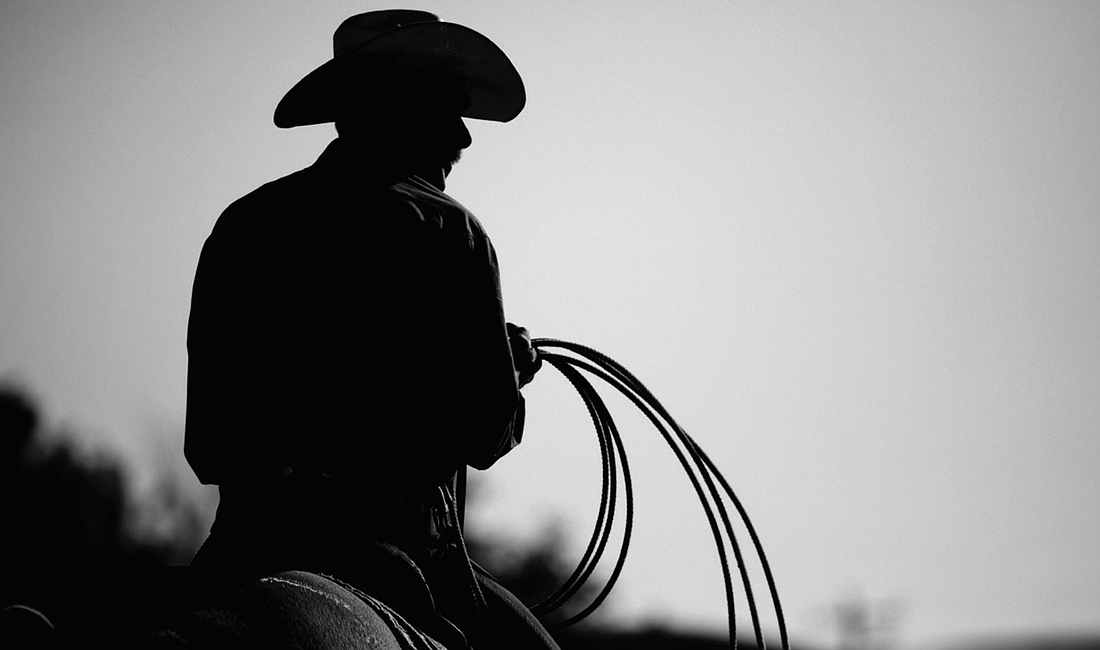- July 26, 2024
-
-
Loading

Loading

With the growing popularity of shows like Yellowstone and 1883, there have been an increasing number of people taking an interest in horses and equestrian activities. Here in Florida, before saddling up to become the next John Dutton, horse enthusiasts should be aware of the state’s equine activities law, which is specifically designed to protect horse owners and professionals by limiting the legal remedies available to people suing for horse-related injuries.
Florida’s equine law does not prevent horse owners and professionals from being sued. Instead, the law provides a legal defense in a lawsuit if certain conditions are met. To be protected under the law, a horse owner or professional must obtain a written document with the law’s warning notice clearly printed on it and signed by the participant. In addition to obtaining a signed document, the horse owner or professional may also post a sign stating the law’s warning provision in a visible location near where any equine activities begin.
The legal defense provided by the law specifically exempts certain activities from its protections. The law does not provide protections if a horse owner or professional:
The text of the statute can be found at Florida Statute § 773.01-04.
Although Florida’s equine law does not prohibit lawsuits or apply to all horse-related activities, it does offer significant benefits to horse owners and professionals. First, the law generally protects equine owners and professionals (including activity sponsors) from liability if an injury results from an “inherent risk” of horses. An inherent risk is a risk that is unavoidable, no matter how careful a person is.
Second, as set forth earlier, Florida’s equine law provides a legal defense to negligence suits arising from horse-related injuries. This defense is based on the theory that the injured person assumed the risk of choosing to be near horses. Negligence is the failure to take proper care in doing something. The law recognizes that horses can be dangerous, horse-related activities involve risk, and no matter how careful someone may be, even the most gentle and well-trained horses are unpredictable. Regardless of whether you’re a horse owner, professional, or enthusiast, you may want to consider reviewing Florida Statute § 773.01-04 before donning that cowboy hat and saddling up.
Phone: 941.366.4800 | Website: www.WilliamsParker.com | 396373-1
Kimbrell J. Hines is an active equestrian and an attorney with Williams Parker in Sarasota, Florida. She obtained her law degree and bachelor’s degree from the University of Florida, where she competed for the University of Florida Equestrian Team. She also has a Master of Science in Human Resource Management from the University of Tennessee. Kimbrell may be reached at [email protected] or (941) 366-4800.